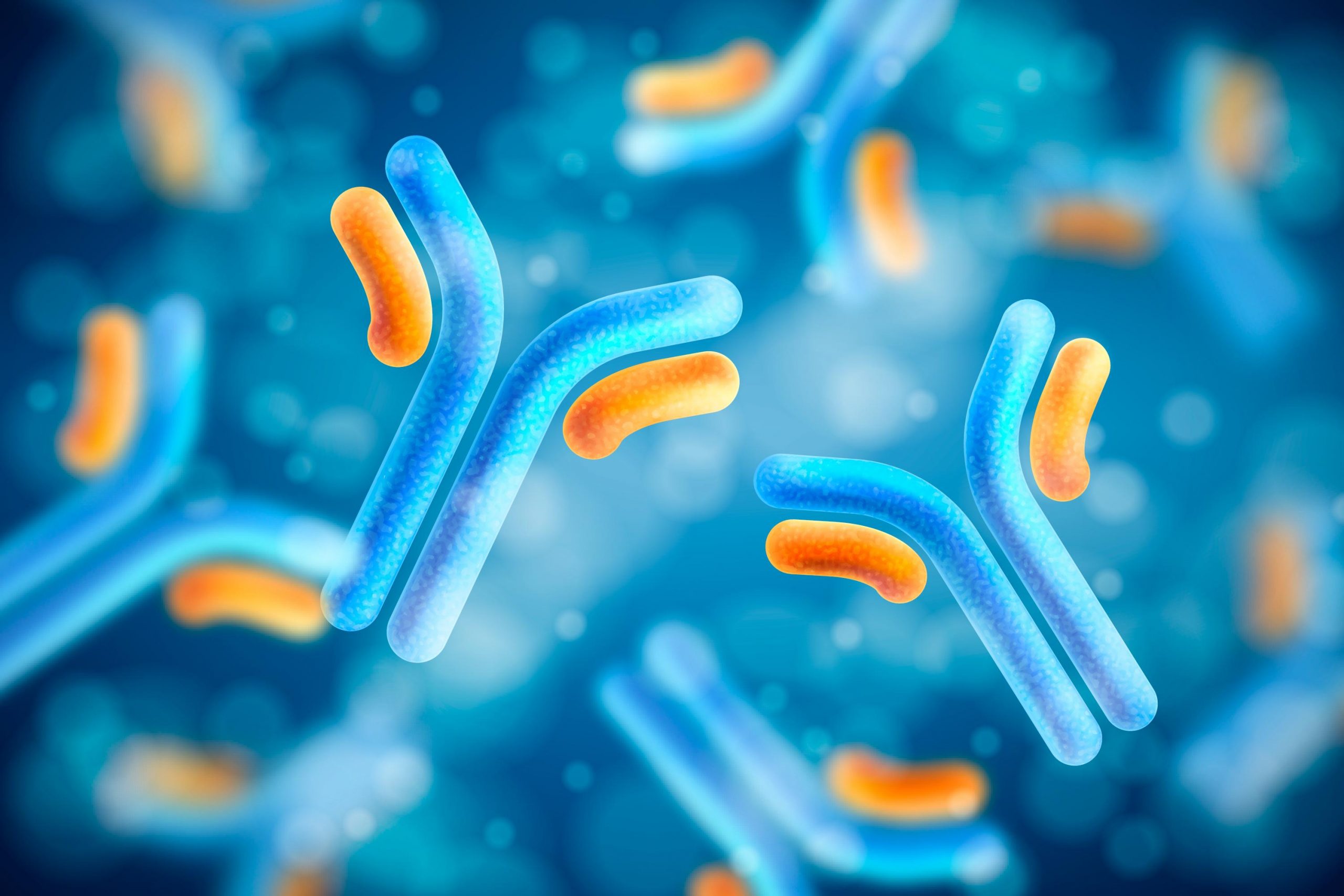

As scientists, we’re used to reading about medical research issues in scholarly journals like the British Medical Journal, rather than on sites like Buzzfeed. However, if there is one hot medical phrase for 2023, it is the gut microbiome. And there are plenty of media stories regarding probiotics. As the wellness culture gains traction, we wanted to share our most recent research findings as well as provide a critical health warning.
A multidisciplinary team of psychiatrists and neuroscientists from Basel University Hospital of Psychiatry in Switzerland recently released groundbreaking research on the use of probiotics during the clinical management of major depressive disorder (MDD) in the Journal of Affective Disorders. Dr. André Schmidt (Ph.D., PD), one of the authors of this publication, directed the study from a psychiatric standpoint. Professor Claudio De Simone (MD, AGAF), the other author of this research, is a gastroenterologist who created the formulation (the De Simone Formulation) that Dr. Schmidt’s team employed in the study.
The trial incorporated a probiotic formulation into the treatment plan for persons suffering from clinical depression in order to improve their gut microbiome and thereby assist lessen depressive symptoms.
The results are published in the journal article “Effects of a probiotic add-on treatment on fronto-limbic brain structure, function, and perfusion in depression: Secondary neuroimaging and findings of a randomized controlled trial.”
Antidepressants were prescribed to all study participants. Half of them were given a probiotic supplement. The other half received a placebo. Neither the participants nor the study personnel were aware of whether the patients were receiving probiotics or a placebo. The Hamilton Depression Rating Scale (HAM-D) was used to assess depressive symptoms. Clinical and MRI evaluations were performed before and after the four-week intervention.
Clinical data was also evaluated four weeks after the intervention ended. The Hamilton Depression Rating Scale (HAM-D) was used to assess depressive symptoms. Clinical and MRI evaluations were performed both before and after the four-week intervention. Clinical data was also evaluated four weeks after the intervention ended.
Dr. Schmidt’s team discovered that patients who took the probiotic showed indicators of structural integrity and fewer signs of neurodegeneration. Furthermore, probiotic treatment affected the function of fronto-limbic brain areas, which have been linked to depression.
Some of the imaging radiology findings were associated with improvements in depressive symptoms, leading the study team to hypothesize that the beneficial clinical effects of probiotic supplementation in depression may be due to a protective effect against neuronal degeneration and changes in fronto-limbic functioning.
Professor De Simone, the creator of the probiotic composition used in the study, discusses the science behind why it helped study participants reduce symptoms and enhance overall health. In this study, the enhancement of the gut microbiome is linked not only to the specific bacteria strains utilized, but also to the formulation’s distinctive biochemical and immunological enzymatic profile, which emerges from the technique of production and blending.
According to Professor De Simone, clinical findings acquired with each unique formulation are specific and “not exportable” to other products due to diverse and exclusive production procedures, even if the strains are genetically identical. Simply put, utilizing any probiotic product without first matching it to the condition may not produce the desired results and may even cause harm in sensitive patient groups.
The International Scientific Association for Probiotics and Prebiotics (ISAPP), based in the United States, recently published recommendations to assist the scientific and medical communities in determining probiotic safety as a guideline for employing probiotics during clinical management of illnesses. In the article titled “Emerging issues in probiotic safety: 2023 perspectives,” published in the journal of Gut Microbes, the authors make it clear that probiotics are generally safe in healthy people, but adverse events can and do occasionally occur in vulnerable groups.
Quality probiotics are generally safe in healthy people, according to research, although adverse outcomes can and do occur in vulnerable groups on occasion.
Concerning the study’s limitations, Dr. Schmidt states that an additional follow-up MRI session would be beneficial for seeing clearer changes in the relevant brain regions, as clinical benefits were strongest in follow-up. The Basel team believes that this is an important area of research that should be given more attention through future studies that can provide avenues to healing. As clinicians, we feel it is critical to recognize that mental health is an important component of a person’s total health and well-being, and that mental illnesses are common and treatable.
more recommended stories
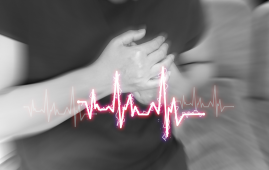 Atrial Fibrillation in Young Adults: Increased Heart Failure and Stroke Risk
Atrial Fibrillation in Young Adults: Increased Heart Failure and Stroke RiskIn a recent study published in.
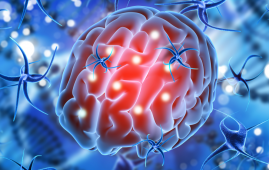 Neurodegeneration Linked to Fibrin in Brain Injury
Neurodegeneration Linked to Fibrin in Brain InjuryThe health results for the approximately.
 DELiVR: Advancing Brain Cell Mapping with AI and VR
DELiVR: Advancing Brain Cell Mapping with AI and VRDELiVR is a novel AI-based method.
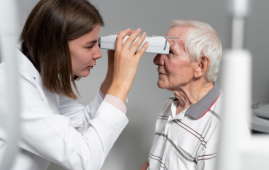 Retinal Neurodegeneration in Parkinson’s Disease
Retinal Neurodegeneration in Parkinson’s DiseaseBy measuring the thickness of the.
 Epilepsy Seizures: Role of Astrocytes in Neural Hyperactivity
Epilepsy Seizures: Role of Astrocytes in Neural HyperactivityRoughly 1% of people experience epilepsy.
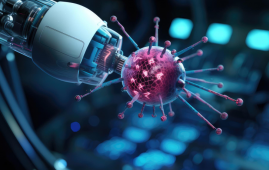 Role of Engineered Peptides in Cancer Immunotherapy
Role of Engineered Peptides in Cancer ImmunotherapyIn a recent publication in Nature.
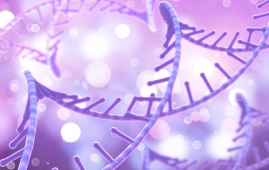 CRISPR-Cas9 Gene Therapy for Prostate Cancer
CRISPR-Cas9 Gene Therapy for Prostate CancerIn their preclinical model, the researchers.
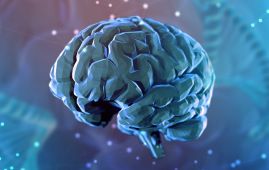 Epilepsy Surgery: Rare Hemorrhagic Complications Study
Epilepsy Surgery: Rare Hemorrhagic Complications StudyFollowing cranial Epilepsy Surgery, hemorrhagic complications.
 Pediatric Epilepsy – Mental Health Interventions Unveiled
Pediatric Epilepsy – Mental Health Interventions UnveiledMental health challenges frequently manifest in.
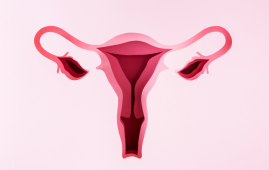 Neoadjuvant Chemotherapy Boosts Ovarian Cancer
Neoadjuvant Chemotherapy Boosts Ovarian CancerDuring the COVID-19 pandemic, US women.

Leave a Comment